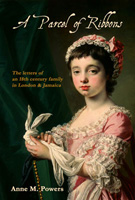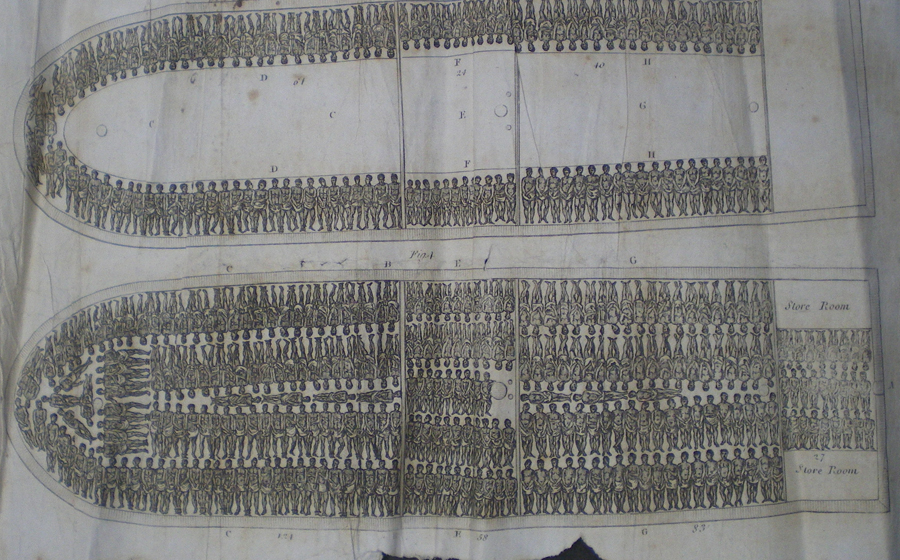
If you are looking for a Christmas present for someone researching their family in the West Indies, this new publication from the Society of Genealogists may be just what you are looking for.
The book covers Anguilla, Antigua, Bahamas, Barbados, Bermuda, British Guiana (Guyana), British Honduras (Belize), The British Virgin Islands, Cayman Islands, Dominica, Grenada, Jamaica, Montserrat, Nevis, St Kitts, St Lucia, St Vincent, Tobago, Trinidad and the Turks and Caicos Islands. (Bermuda is included, although not in the Caribbean, because administratively it was considered by the Colonial Office in London to be part of the West Indies.)
The author, in his introduction says “To write about genealogical research in the West Indies is to aim at a moving target; archive holdings may be augmented or reduced, be catalogued or left in a chaotic mess; the repositories where records are held may change, as may their addresses; websites come and go, urls are often altered or lost without trace, and new sites are appearing almost daily”. It is to provide some guidance among this confusion that the book has been written.
The book opens with a general survey of genealogical sources, including manuscript, printed and internet resources. A chapter on the historical background is followed by separate chapters for each individual territory. These are treated systematically under the headings of Location, History, Economy, People, Records held in the UK and Records held locally, Secondary Sources, Further Reading, Maps and Websites.
Whether you are just starting out on the search for a West Indies connection, or have been researching for some time there will be something for you in this book.
Available in paperback from the Society of Genealogists in London. There is a glitch on their website preventing some people from ordering online, but my telephoned order was with me the following day, and you can order by email.
My Ancestor Settled in the British West Indies (with Bermuda, British Guiana and British Honduras), John Tilford, Society of Genealogists Enterprises Ltd, London 2011. ISBN:978-1-907199-08-0.
Paperback. Price £9.99, reduced to £8.99 for members.




